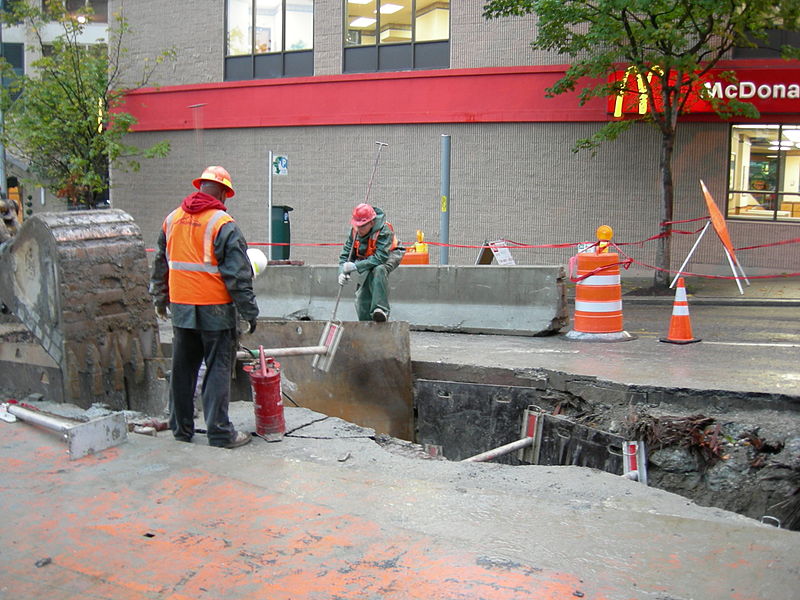
The Dutch state jobs agency UWV issued more than 20,000 work permits to non-EU workers and work-experience students in 2024, marking a 12% increase compared to the previous year,
according to newly released figures.
Additionally, the number of refugees in employment has surged, with 9,281 work permits granted to asylum seekers without residency permits—four times higher than in 2023.
These figures do not include individuals working under the highly-skilled migrant visa for at least three months, as those permits are issued separately by the Immigration and Naturalisation Service (IND).
Until the end of 2023, asylum seekers awaiting residency permits could only work up to 24 weeks per year. However, a recent Council of State ruling now allows them to work year-round, provided they have a BSN number and their employer secures a work permit.
Demand for foreign workers remains strong
Most refugees employed in the Netherlands find work through job agencies, particularly in hospitality and cleaning sectors.
Rabobank labour market specialist Leonie Treur attributes the rise in work permit applications to the country’s ongoing labour shortages. "There are no indications that this trend will reverse in the coming years, meaning demand for foreign workers will remain high," she told Nu.nl, which obtained the data.
In contrast, the number of highly-skilled migrant visa applications has been steadily declining since the COVID-19 pandemic. Figures from the IND show that applications dropped from 33,000 in 2022 to 26,000 in 2023, and further down to 21,700 last year.
This decline comes amid government efforts to curb immigration for work and study, despite concerns from businesses struggling to find skilled professionals.
Local expat centres, which assist foreign nationals with administrative processes, have also reported a drop of up to 30% in new arrivals.








































